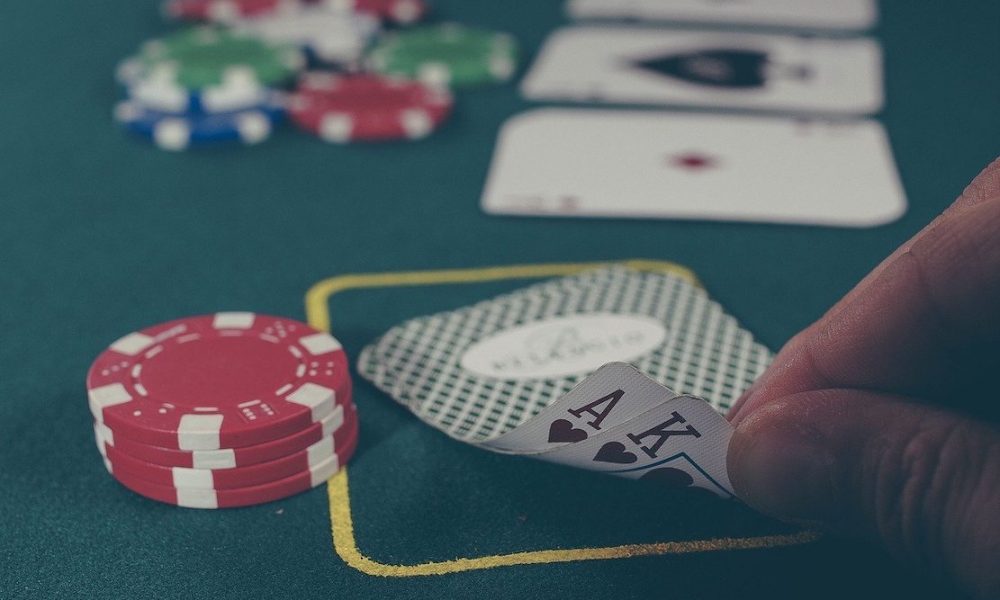Blinking lights never change, but your luck has run dry. Every player faces that crucial moment when persistence becomes foolishness. Knowing precisely when to walk away from a cold machine could save your bankroll and potentially lead you to your successive big win. ynpn.org suggests regularly assessing outcomes to make informed decisions about continuing or shifting program investments.
20-spin rule – Time to move on
Most slot machines reveal their personality within 20 spins. If you’ve fed a hungry machine without even minor wins during this trial period, you’re likely facing a game in a tight cycle. Mathematics suggests cutting your losses rather than chasing elusive wins on a cold machine. Smart players track their results during these initial test runs. Three or more bonus triggers within 20 spins often signal a machine worth additional play, while completely dead spins indicate it’s time to move elsewhere. This methodical approach prevents emotional decision-making that typically favours the house.
- 30% bankroll decline without significant wins – When nearly a third of your money disappears without offsetting payouts, the machine is sending a clear message
- Bonus rounds that consistently under deliver – Multiple triggered features that pay less than 10x your bet suggest intentionally weak bonus programming
The relationship between your bankroll and the machine tells an important story. Continuous small losses without redemption sessions signal that it’s time for a change. Professional players establish strict loss limits, typically 30-40% of their session bankroll, before automatically switching games.
Winning plateau detection
The “winning ceiling” phenomenon appears when a previously generous machine suddenly stops producing significant wins. You might continue seeing small payouts, but the moderate and large wins mysteriously vanish. This pattern often indicates you’ve hit the machine’s programmed plateau for your current session. Tracking win sizes over time reveals these patterns. When your most significant wins start trending downward despite continued play, the algorithm has likely shifted into a tighter cycle. Rather than hoping for a return to earlier generosity, strategic players recognize this sign and switch to fresh opportunities.
Emotional fatigue signals
Even winning sessions eventually demand change. When gameplay becomes mechanical rather than enjoyable, your decision-making subtly deteriorates. You bet more aggressively, ignore warning signs, and rationalize losses that typically trigger a machine change. Physical cues like restlessness, checking your phone frequently, or mindlessly hitting the spin button without watching the results indicate engagement has waned. These psychological signals often precede poor decisions that erase earlier gains. Smart players switch games at the first sign of emotional disconnection, preserving their bankroll and enjoyment.
- Floor changes bring fresh possibilities – When casinos install new machines, these games often run hot initially to build player loyalty
- Limited-time tournaments and promotions create strategic switching points – Special events frequently feature loosened machines to generate excitement and participation
Casino floors constantly evolve with new installations, often featuring more generous initial settings. Players who habitually switch to these newcomers frequently report better-than-average results during their early deployment. This “new game advantage” creates natural switching opportunities for observant players. Switching slot games isn’t admitting defeat, it’s strategic repositioning. The most successful players view each change as an opportunity rather than a retreat. They understand that slot success comes from adaptability rather than stubborn persistence.
Knowing when to switch relies on recognizing subtle signals, maintaining emotional awareness, and being disciplined to act decisively. These traits separate consistently successful players from those who blame bad luck for predictable losses. The next winning machine awaits; you need to know when to find it.

